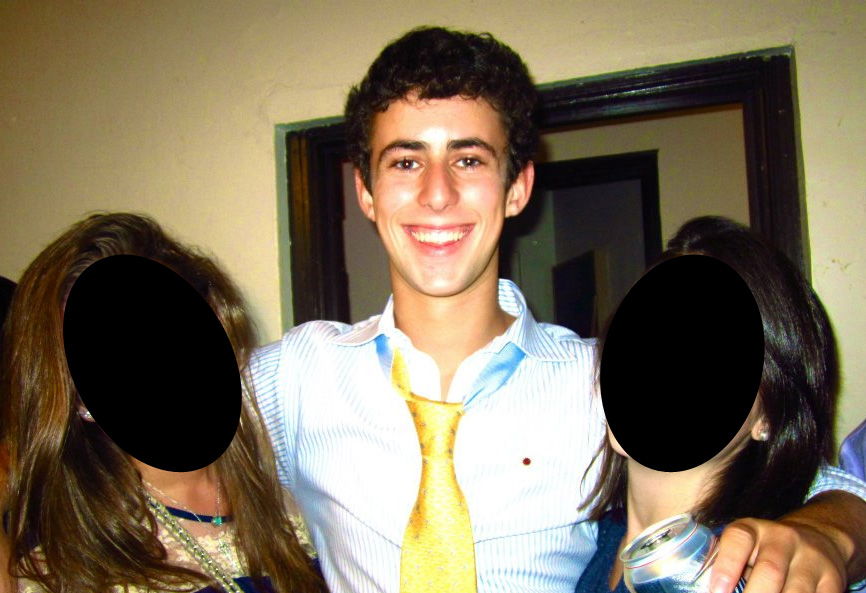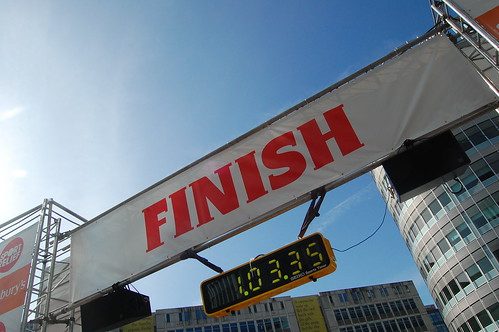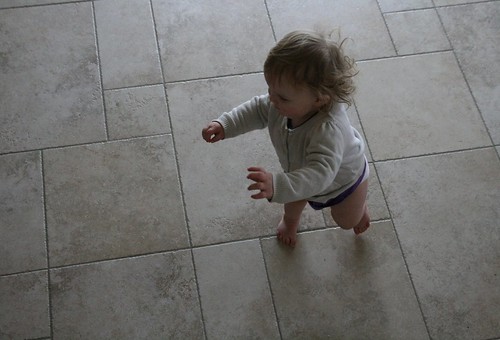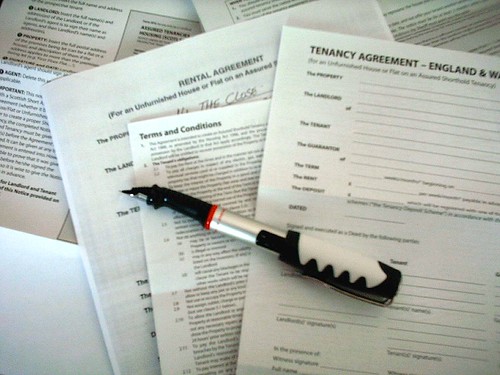
Things tend to go wrong. This is a series of blog posts about the things I think about during those moments when the wrong things happen.
In 2008, I studied abroad in Spain. It wasn’t necessarily the most challenging academic experience of my life. The school where I took classes had palm trees on campus. I got a month off for spring break. I lived a block away from the beach.
But most damning of all: That semester, I got 4000-level honors credit for walking.
There’s this famous walk in Spain, called the Camino de Santiago. I was given the option of walking four days of the Camino, about 100 miles in all. Complete that, and write a five-page paper — in English, mind you — and I’d get honors credit.
So along with 20 or 30 of my fellow students, I walked.
One of our professors, Armando, was our guide. We’d start the morning in a Camino hostel. He’d tell us where to stop for lunch. We’d have lunch as a group, and he’d tell us where to stop for the night. It was a nice routine: Wake up, eat, walk, eat, hydrate, walk, eat, take shots of strange green alcohol by the side of the road, eat, sleep, repeat.
The third day, I was walking with two of my friends, CG and Jamie. We’d stopped for lunch in a field somewhere, and Armando told us we had about 3 or 4 hours of walking to the next town. We started walking. Maybe 90 minutes later, we came to a roundabout in a small town. We kept walking. It started to rain. CG and Jamie wore trashbags as raincoats. We walked through fields, and up and down hills. We walked for a very long time, waiting for our evening destination to appear.
And then: A town. We walked around, looking for the hostel. There was a woman walking outside her home, and we asked her how much further we had to walk until we’d get to the town Armando had talked about.
She told us we’d already passed it. It was six or seven miles the other way. It was the town with the roundabout that we’d just breezed through.
Oh, fuck.
We started trying to call Armando on our cell phones, but it wasn’t easy getting cell phone reception in middle-of-nowhere Spain. CG got a bar, and Armando picked up. We were unhappy and wet. Armando was happy and full and drinking strange green liquid out of shot glasses.
He suggested we walk back, but there was no way we were walking six miles in reverse just to walk it forward again the next day. We told Armando we wanted to go onto the next town.
Okay, he said. There’s a monastery a mile up the road. Keep walking, stay there, and we’ll see you at lunchtime tomorrow.
So we walked, through the fields, through the rain. The monastery appeared. We walked to the front door. It looked like the front door for a dungeon. We knocked.
There was no one there. It was 6 or 7 p.m. by now, and it was almost completely dark, and we were very wet, and there was no one there to show us how to get inside.
So we walked around the building. There was a light in one window. The monastery, it turns out, had a gift shop. We knocked and knocked on the gift shop door. This woman came out, annoyed. We told her we were walking the Camino. We asked where the beds were.
She pointed us toward the front door we’d already seen, and walked back inside. We started to bang on the door again. We pleaded with her. We were tired, and we were wearing trashbags. Please, ma’am, show us where to stay.
And seeing that we weren’t going to leave her alone, she stepped out and pointed the way. She guided us to a small doorway, and opened it up. Inside: A giant room, ceilings 50 or 60 feet high. Several bunk beds. No heat. No hot water.
But for a night: Home. Better than sleeping on the wet grass outside. Better than walking back to the town we’d already missed.
We were cold, but thankful. When I think about how lucky we were to have messed up and still found our way to a bed, it comforts me. I don’t know how we screwed up and found our way to that monastery, but we did. We were dry, and that was comfort enough.









